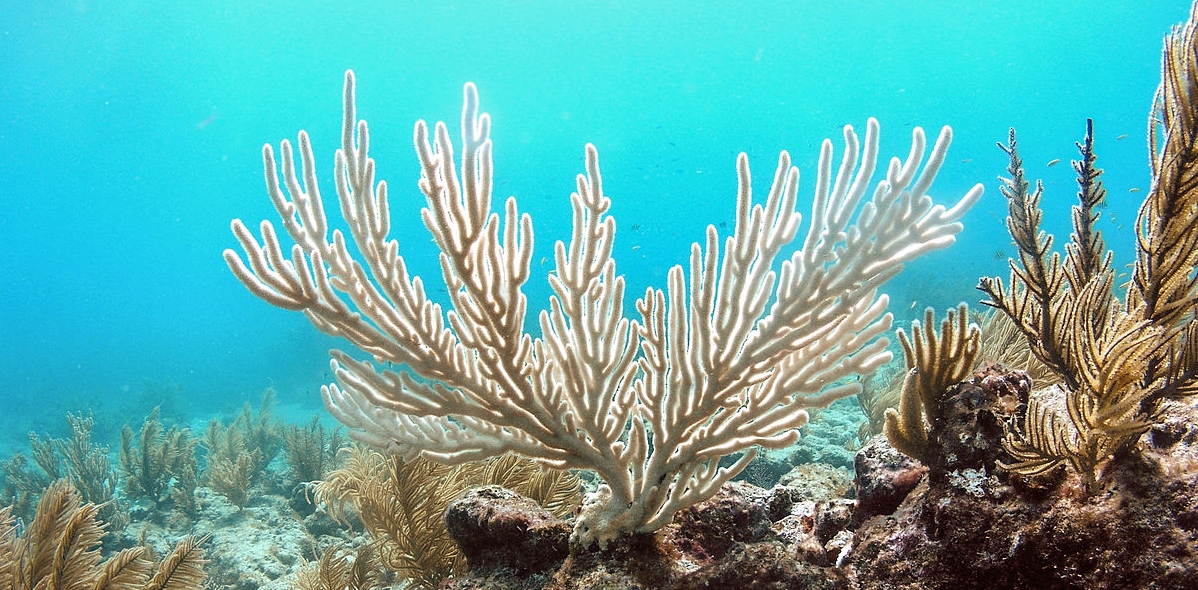
The secularization thesis holds that the advance of science and modernization leads to a decline in religion. As a result, the more scientifically and technologically advanced a society becomes, the less religious it becomes. One of the strong proponents of this view was Dr. Charles Wright Mills. In his book, The Sociological Imagination (Oxford University Press, 1959), he wrote:
Once the world was filled with the sacred – in thought, practice, and institutional form. After the Reformation and the Renaissance, the forces of modernization swept across the globe and secularization, a corollary historical process, loosened the dominance of the sacred. In due course, the sacred shall disappear altogether except, possibly, in the private realm. (pp. 32-33)
There are many people who believe this, and they think that Europe provides a great example of how it happens. There are huge, magnificent cathedrals in Europe, which are a testimony to how influential Christianity once was. Today, however, many of those cathedrals do not serve as houses of worship. Instead, they are museums of history. Even the ones that are still functioning as houses of worship have tiny congregations that are dwindling year by year.
Despite what happened across Europe, I have always been skeptical of the secularization thesis. Mostly, that’s because science convinced me that there must be a Creator God, which then led me to Christianity. The more I teach science and do scientific research, the more I see the Hand of God in nature. In my mind, advances in science and technology strongly support Christianity. As a result, the secularization thesis makes no sense to me.
I was recently made aware of an article from two years ago that argues against the secularization thesis in the United States. As I read it, I couldn’t help but think that it applies to the world as a whole.


